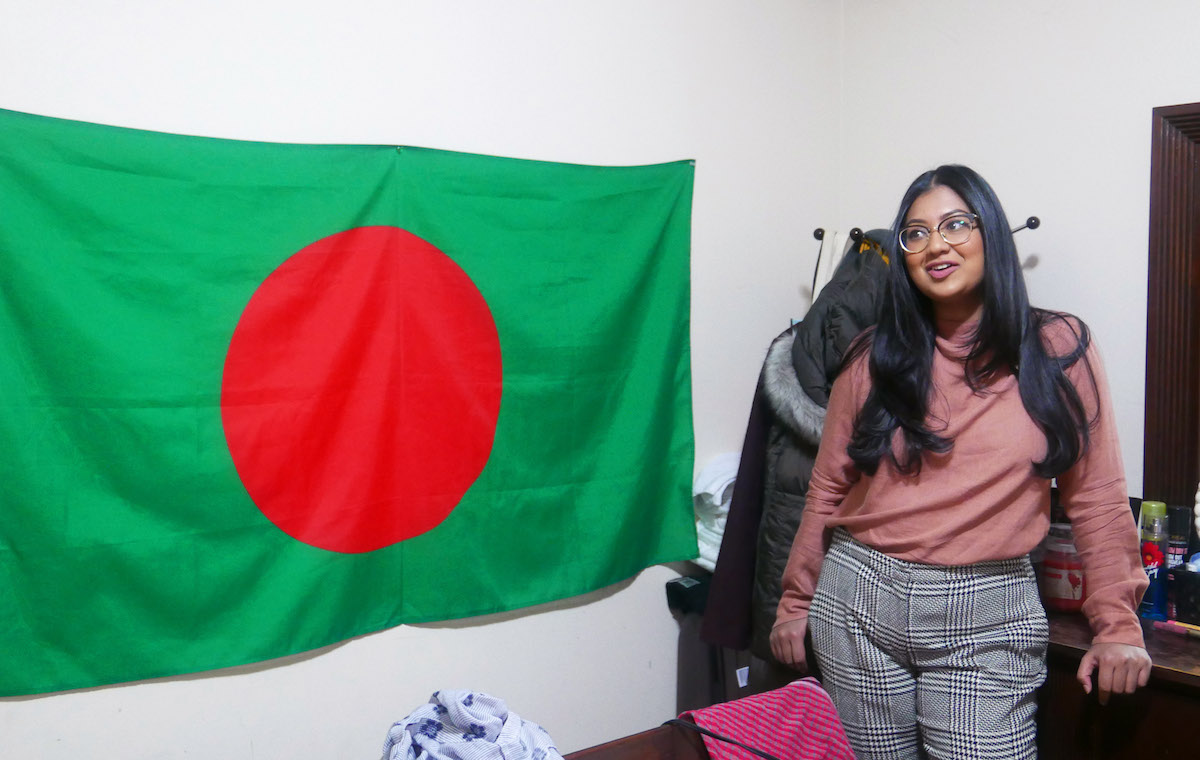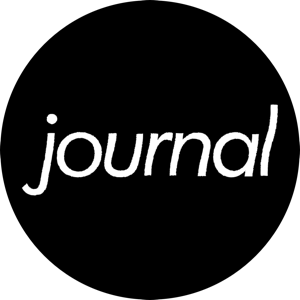
Shahana Hanif on intersectional advocacy & decolonizing wellness
As we sit around Shahana Hanif’s dining table in her family home in Kensington, Brooklyn – the site of frequent gatherings for some of Kensington's Bangladeshi women and intergenerational Bangladeshi feminist collective, Naree O Shongothok – she speaks to us about the essentiality of immigrant survival discourse and showing up for our social and cultural communities.
Shahana is a devoted activist immersed deeply in fostering representation for marginalized communities, while working as a Community Liaison for City Council member Brad Lander. Challenging the status quo and reconstituting the narrative of South Asian and Muslim women living and surviving in the United States, she is our modern-day Renaissance woman.
Shahana, tell us a bit about yourself.
I'm appreciative of my survival and to be offered opportunities to share moments of how I've survived and support the survival of the communities I work and live with. Lately, I find myself to be in a happier and meaningful place than before because now more than ever, I am rooting for my happiness. Rooting for my happiness requires decolonizing wellness. I am doing so through cooking nourishing foods (lots of cauliflower-base khichuri), prioritizing sleep and consistent rest in an effort to undo years of pulling all-nighters and restore my potential energy (some days because of Lupus and other late night things, I am unable to fall asleep until almost Fajr time and wake past noon, and that is okay too), spending intentional one on one and group time with loved ones and those I want to build new relationships with, and sharpening my writing, organizing, relationship-building and advocacy skills to better love myself and the communities I organize. Currently, I am immersed in creative nonfiction writing and reading speculative and science fiction.
I am the eldest daughter of three and currently the only one living at home with my parents. This has been a tremendous joy: being able to develop a more intimate relationship with my parents and being able to develop a more wholesome me without the constant presence of my sisters. During their visits to Brooklyn, we spend most of our time stuck at the hip scheming our versions of freedom and smoking hookah at our community spot Red Mist.
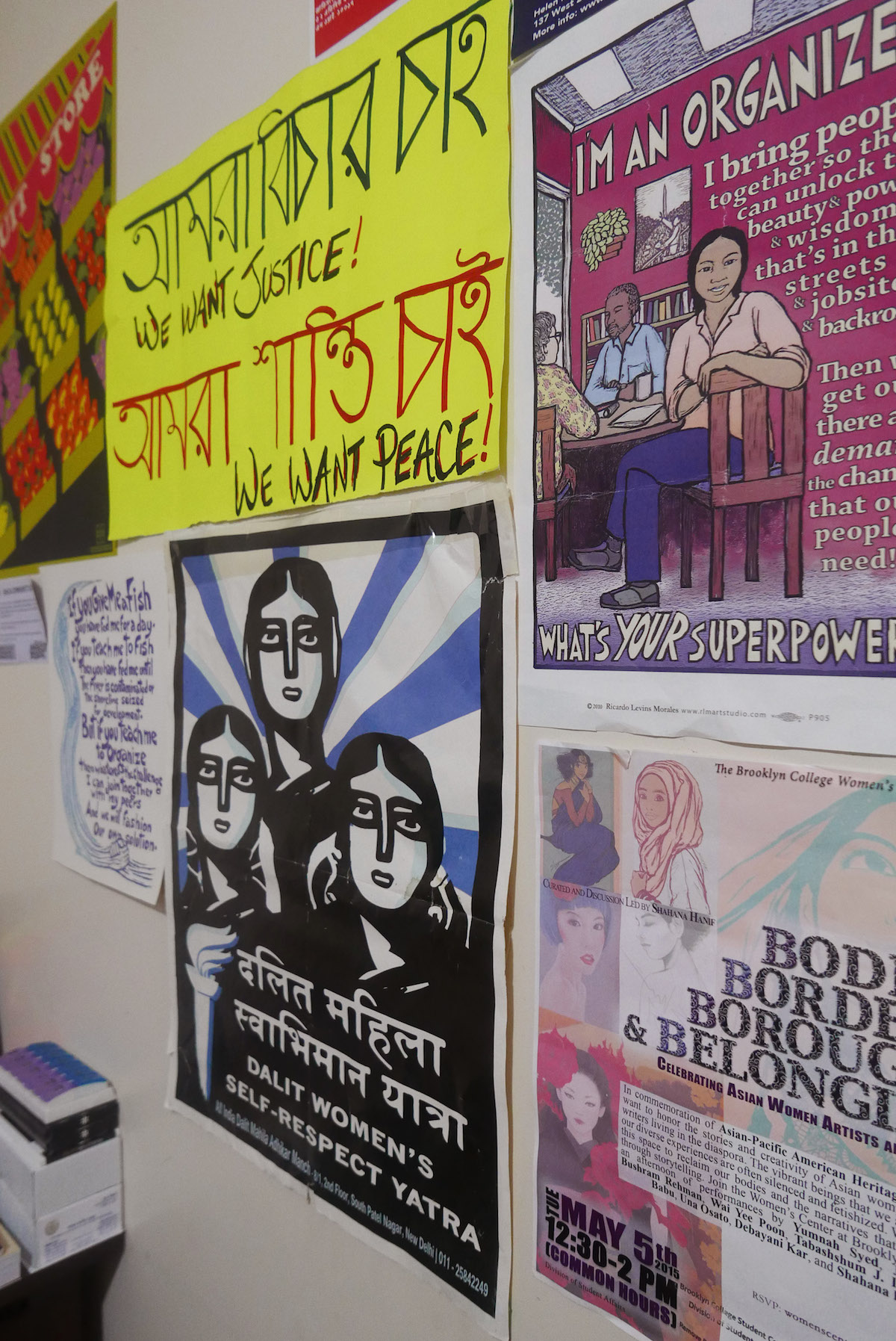
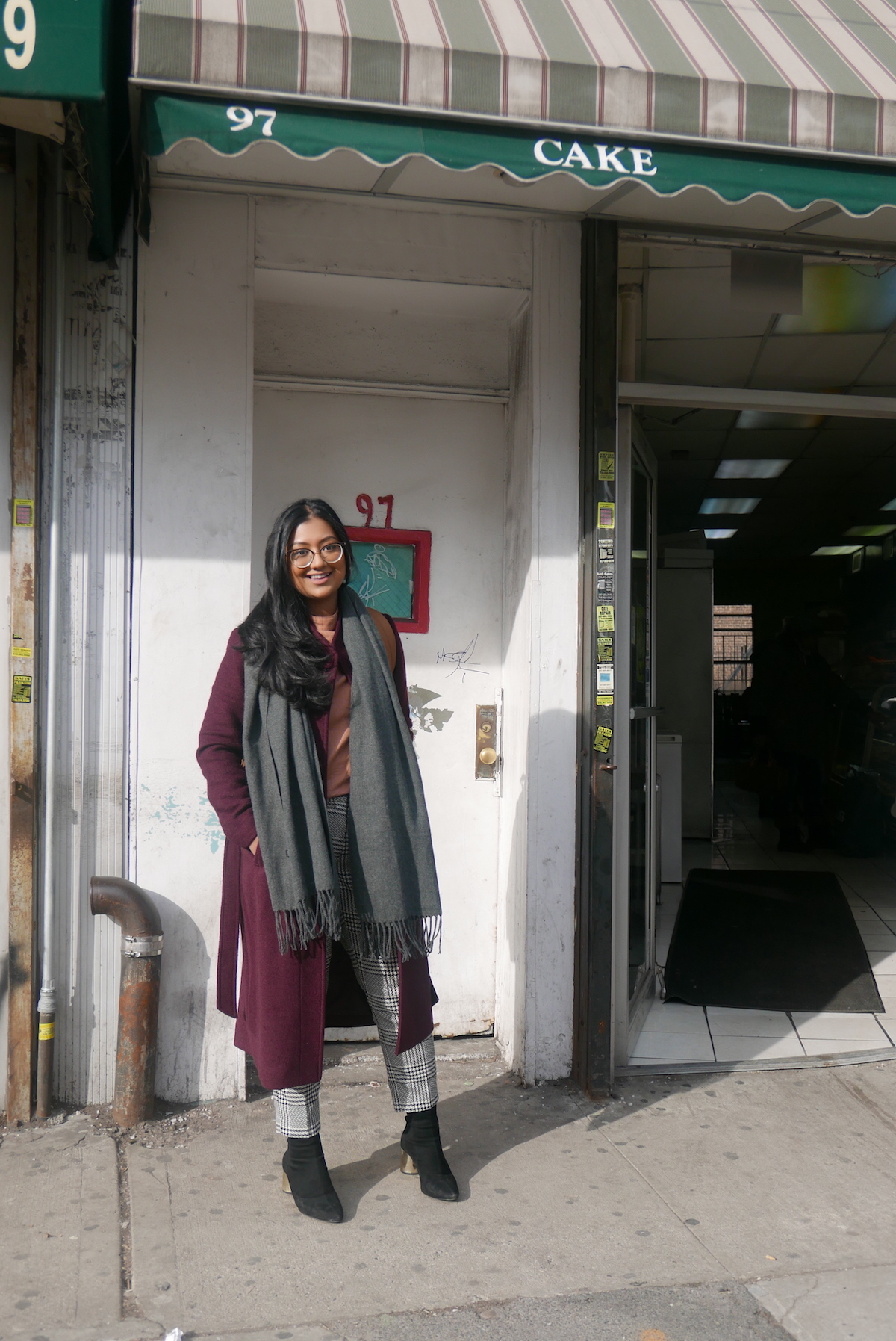
Community has been central to the work you do, from working as an organizer for CAAAV and feminist organization Naripokkho, to your current role as Bangladeshi Community Liaison for City Council Member Brad Lander. What was the stimulus for pursuing a community-centric career?
The themes that connect all of this work are a yearning for transformative love, healing, justice, an intersectional feminist approach, and to center indigenous and immigrant languages. I wouldn't be able to share this so eloquently almost a decade ago when it all started for me. My diagnosis with Lupus, a chronic and degenerative autoimmune disease, at age 17 was the catalyst to my politicization. Navigating the medical and healthcare institutions, my close-knit community and family who maintained a reserved and on the surface approach while engaging in conversations with me about Lupus and physical/invisible disabilities, the lack of stories and protagonists centering disabled young women, the dating world as an undateable woman, among other treks throughout my diagnosis really made me question the quality and availability of intentional care and love in my life and lifetime. I was not interested in doing cultural/multicultural work--I wanted to deep dive into the politics of surviving as immigrant, faith-based, working-class, disabled, lower-income, etc. This realization brought me to pursue a Women's and Gender Studies focus in Brooklyn College, then on to multi-lingual, intergenerational organizing at CAAAV through its campaign to protect and preserve public housing in NYC while supporting the power Bangladeshi tenants at Queensbridge Houses, and onwards.
The Western ethos of individualism can often isolate us from our neighbors, even in such bustling cities as New York. What steps can we take to build lasting relationships with our local communities and cultivate systems of support?
Talk to neighbors; believe in the power of face-to-face and online interactions (I know this can be a challenge for introverts, including myself)! Cultivate friendships in your neighborhood by supporting local community groups and creative spaces, restaurants, and supermarkets. Join and/or donate your time and money to what's available to build a better community: community boards, neighborhood associations, and nonprofit organizations. In this political climate, focusing energy to build lasting relationships is crucial and requires understanding and researching the ways in which lower-income, working-class communities are targets for heightened policing, surveillance, evictions and displacement, and deportations. Stay involved in local fights, and show up in solidarity in the ways available to you (allocate your monies to grassroots groups, attend marches, retweet/share important updates, etc).
Have you encountered any gendered challenges within and outside of your community in your role as Community Liaison?
I have access to a different kind of legitimacy, visibility and power in my role as a Community Liaison to Council Member Brad Lander. Prior to this position, it was a challenge to be kept in the loop about specific actions for example, following hate crime incidents that I felt required a woman's perspective and leadership alongside a social justice lens and collective messaging. I am navigating my current visibility when absolutely needed to collaborate with or move the same men leaders in the Kensington neighborhood who didn't take me seriously. They still probably don't, but I have some leverage in city government and they recognize that. However, instances of gendered micro-aggressions still persist but don't consume the ways in which I show up. I am also cognizant of my personal power, which does not require needing to sit at the leaders' table or be focused on only moving the men leaders all the time. Being behind the scene, collaborating in other meaningful ways with individuals and groups, cultivating new leadership, and listening to those left out from community conversations are what I'm most attentive to.
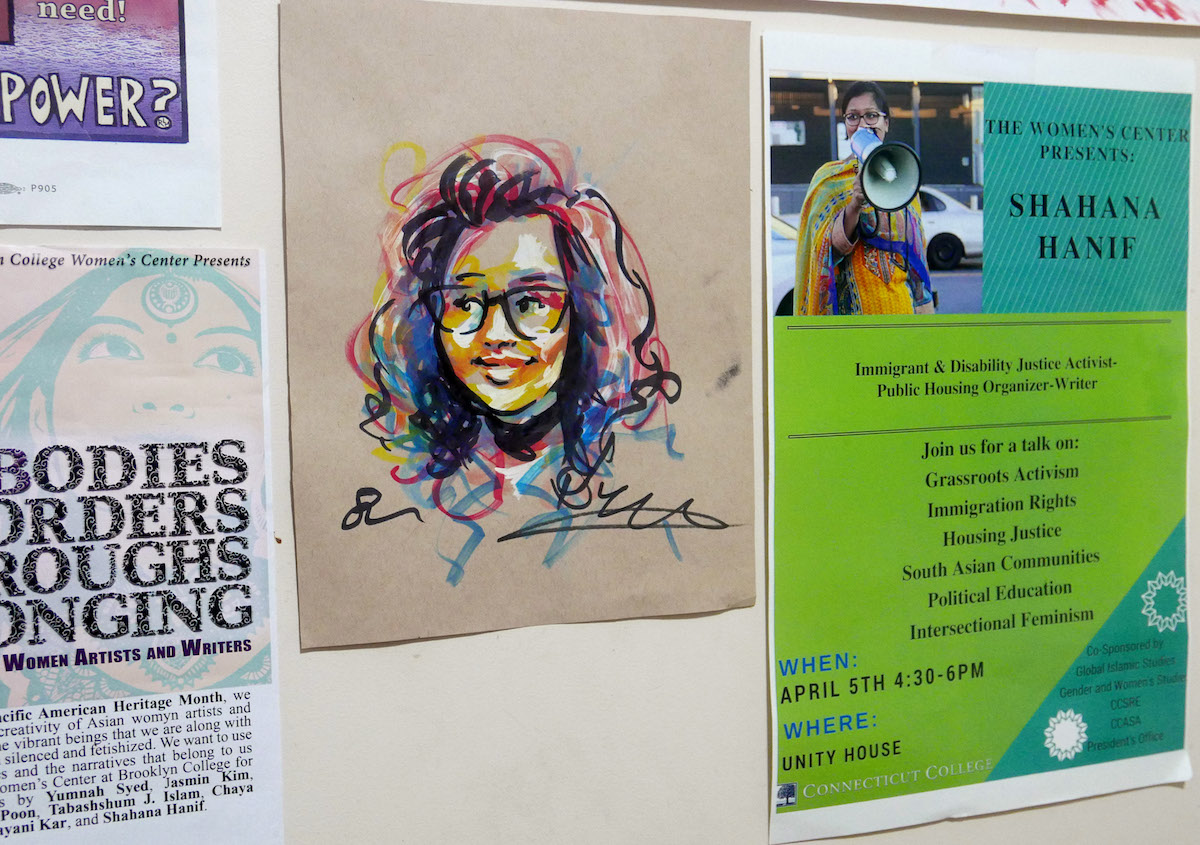
Who are some community organizers and activists who inspire you?
I belong to a brilliant, NYC-based Bangladeshi Feminist Collective (Naree O Shongothok) which exists to create an intergenerational space for fun and critical dialogue centering Bangladeshi feminist movements past and present, responsive cultural and political organizing pertaining to the diaspora and transnationally, and working-class memories of survival and revolution. The collective inspires me, namely: Nahar Alam, Chaumtoli Huq, Sharmin Hossain, Navila Rashid, Farzana Karim Eva, Thahitun Mariam, Kazi Fouzia, Zahida Raj. I am moved by the works contributed by Jensine Raihan, Roksana Mun, Nadia Hussain.
I am inspired by groups like DRUM, CAAAV, By Us For Us (BUFU), and Naripokkho (shout out to Shireen Huq).
I have learned so much from Dr. Su'ad Abdul Khabeer, Rokeya Begum (Sultana's Dream), Shatia Strother, Darakshan Raja, Rana Abdelhamid, Ayisha Irfan, Ashleigh Shackelford, Farhat Rahman, Alok Vaid-Menon, Mirna Haidar, Sania Noreen Ahmed, Sabia Hanif, Sazia Hanif, Rehana Hanif, Nayim Islam, Theodora Ranelli, Thenmozhi Soundararajan, Sonalee Rashatwar, Mikel Aki'lah, Lamya H., Kevin Park, Wai Yee Poon, Seyeon Lee, Katrina Cortes, Cathy Dang, Imani Henry, Rania El Mugammar, Sarika Persaud, Will Giron, Nayrin Muhith, Annie Ferdous, Aber Kawas, Monowara Begum, Erica Garner…so many brilliant folks here!
Perpetuating racial stereotypes, racism and otherizing the "Other" have been the foundation of the Trump administration in a divisive United States. What advice do you have for people of color, young and old, struggling for a sense of stability and security?
- Surround yourself with people you love and love you back, do this intentionally.
- Immerse yourself in the issues that matter to your survival and the survival of your communities.
- Work on your craft and share that wisdom with others.
- Rest your spirit.
- Cook for yourself, feed your loved ones.
- Learn about yourself: which activities make you feel whole? What do you want to learn?
- Think about communal living.
- Ritualize giving gifts.
- Create intergenerational spaces: gather wisdom from folks older and younger than you.
- Do not be afraid to give and take feedback.
- Don't let your anger and frustrations simmer into venom, talk it out.
You are also a member of the New York chapter of Muslim Writers Collective. How did you get involved with this initiative?
Hamdan Azhar, a co-founder of Muslim Writers Collective, encouraged me to attend and perform in 2014 at the third-ever open-mic. Prior to this, I had never performed my work on a stage let alone in a diverse, young Muslim-majority space. Doing so encouraged me spiritually especially because at the time, I didn't belong to any creative communities where folks understood the implications of being Muslim and the importance of cultivating a faith-based political home. MWC brought me out of my sheltered upbringing and Kensington bubble. MWC helped cultivate my own writing and a voice to craft creative nonfiction and social justice prose.
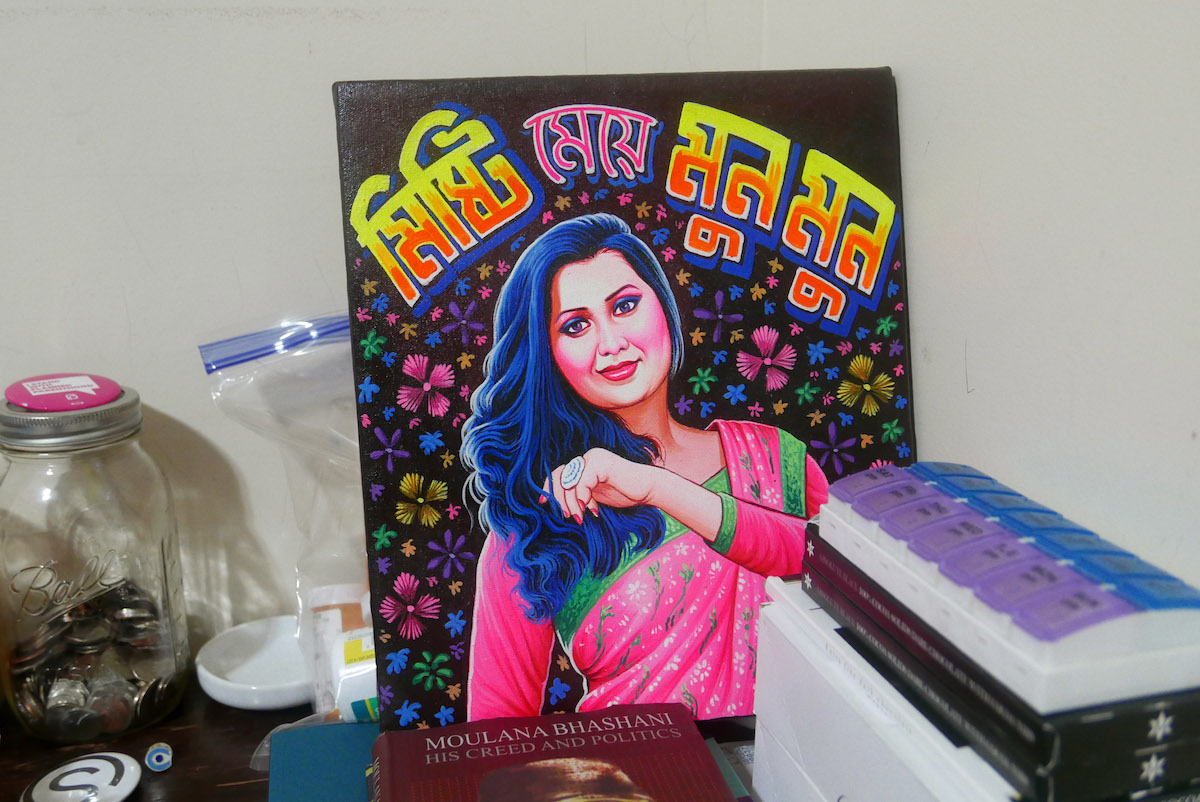
At the age of seventeen, you were diagnosed with Lupus, which you've stated as your first act of rebellion, and your first lesson in resistance as a young woman. How has it shaped who you are as a woman today?
All of my learnings are possible because of Lupus. I continue to absorb so much.
As a Bangladeshi-American Muslim woman, have you ever felt conflicted with the many facets of your identity?
There are rich histories and generational traumas associated with my identity. I'm not here for authenticity politics so no, I am not conflicted. However, I also don't want to erase my experiences as a disabled woman and the burdens that've come with it. I live by trying to emulate my ancestors and the people who've birthed me alongside the virtues of many thinkers, artists, and spiritual leaders like Maulana Abdul Hamid Khan Bhashani who is especially instructive to my commitment to a Bangladeshi-Muslim social justice framework in the New York diaspora. The Bangladeshi-Muslim identity is contentious when examined in the context of Bangladesh's liberation movement and reveals that embracing the heterogeneous layers of Bengali and Muslim selves is a lifelong journey.
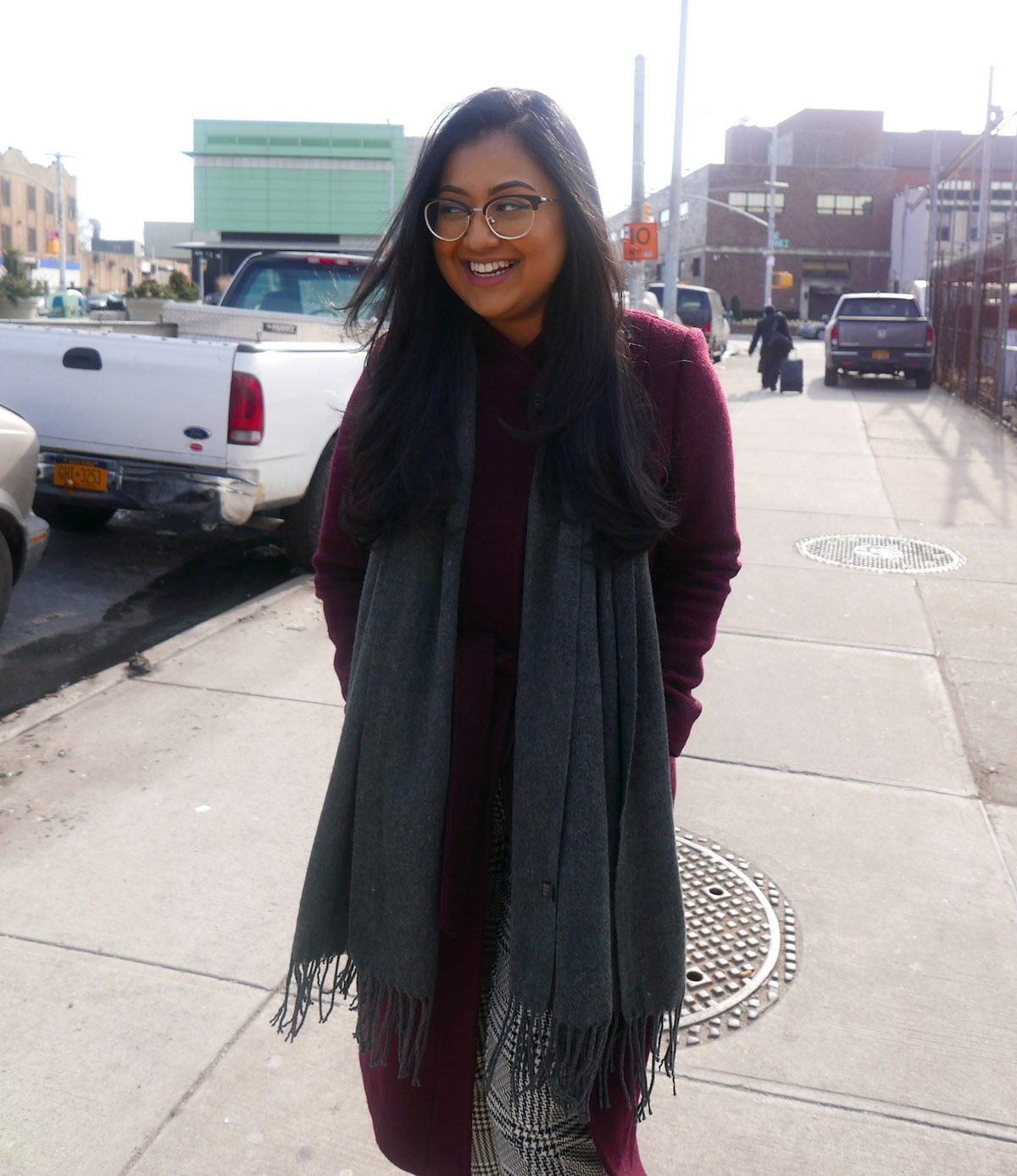
You were born and raised in Kensington, Brooklyn, affectionately known as Little Bangladesh. What does Kensington mean to you?
It's the place I'll always come back to.
It's the place I'll never leave.
What are your practices of self-care for the body and mind?
I have separate funds allotted for my self-care. I routinely go out dancing with my sisters. I cook my own food and am looking to up my cooking skills. My relationship with food has evolved in the last decade, especially because medicines alone do not prevent Lupus flares and joint pains. Massage therapy is important. I am into makeup and dressing up. Selfies. Selfies with friends. Hookah. Taking an Uber when it's difficult to walk (the self-care fund takes into account cab fare). Listening to my body when it needs rest. Getting my hair oiled.
What is one movie that you could watch forever?
None. I really can't be in a room where a movie I've already watched is playing. However, I'd like to re-watch Bend it Like Beckham, Masaan, and Requiem for a Dream. I can do hours and hours of Law & Order SVU, Criminal Minds, and Black Mirror.
What's next for Shahana?
I'm headed to Spain in March for the 2018 Internet Freedom Festival. I haven't been to Europe and have dreamed about Spain after watching Zindagi Na Milegi Dobara. I'm excited!
I am looking forward to more solo singing and learning to play an instrument, maybe the harmonium.
